Reportar esta entrada
Más sobre la misma comunidad-colección
Prospect Street By The Museum
Photo by Dave Quintana circa 2015 shows improvements to Prospect ...
La Raza Unida National Convention, El Paso, Texas 1972
Partido Nacional de La Raza Unida (National United Peoples Party ...
La Raza Unida National Convention, El Paso, Texas 1972
Partido Nacional de La Raza Unida (National United Peoples Party ...
La Raza Unida National Convention, El Paso 1972
Partido Nacional de La Raza Unida (National United Peoples Party ...
Todos somos uno: Omar Villalobos at TEDxElPaso 2013
Omar Villalobos is about counterculture. He is a native of ...
Nah, nah, nah ... It's going to be cool: Jim Ward at TEDxElPaso
Jim Ward is a fifth-generation El Pasoan. He recorded and toured ...
The other side: Monica Lozano at TEDxElPaso
Monica Lozano is a Mexican American photographer born in El ...
2015 TEDx El Paso Speaker Line-Up (Part 1)
Photos and Bios of the first six speakers lined up for the 2015 ...
El Puente como un espacio publico: Carlos Galinar en TEDxElPaso, Tejas
Carlos Gallinar, AICP, CNU-A, serves as the planning director ...
2015 TEDx El Paso Speaker Line-up (Part 3)
The speakers who will close out the day on May 30th, 2015!
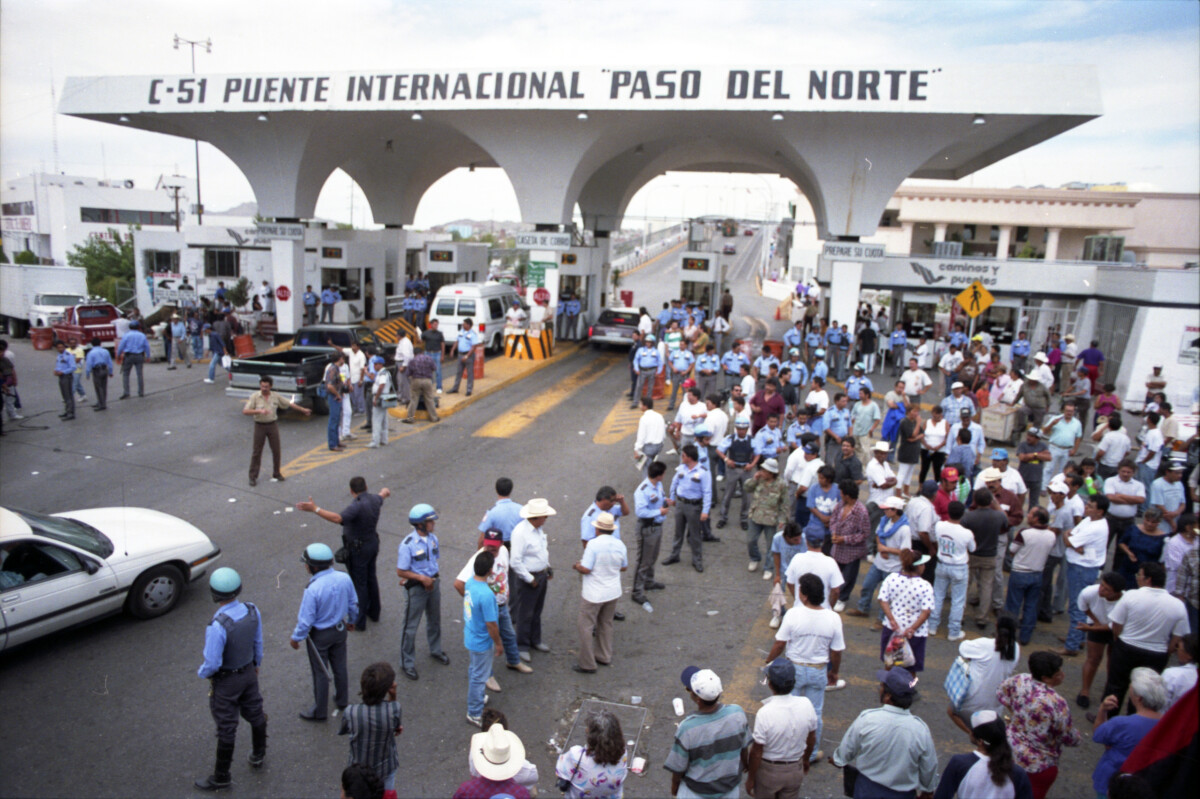
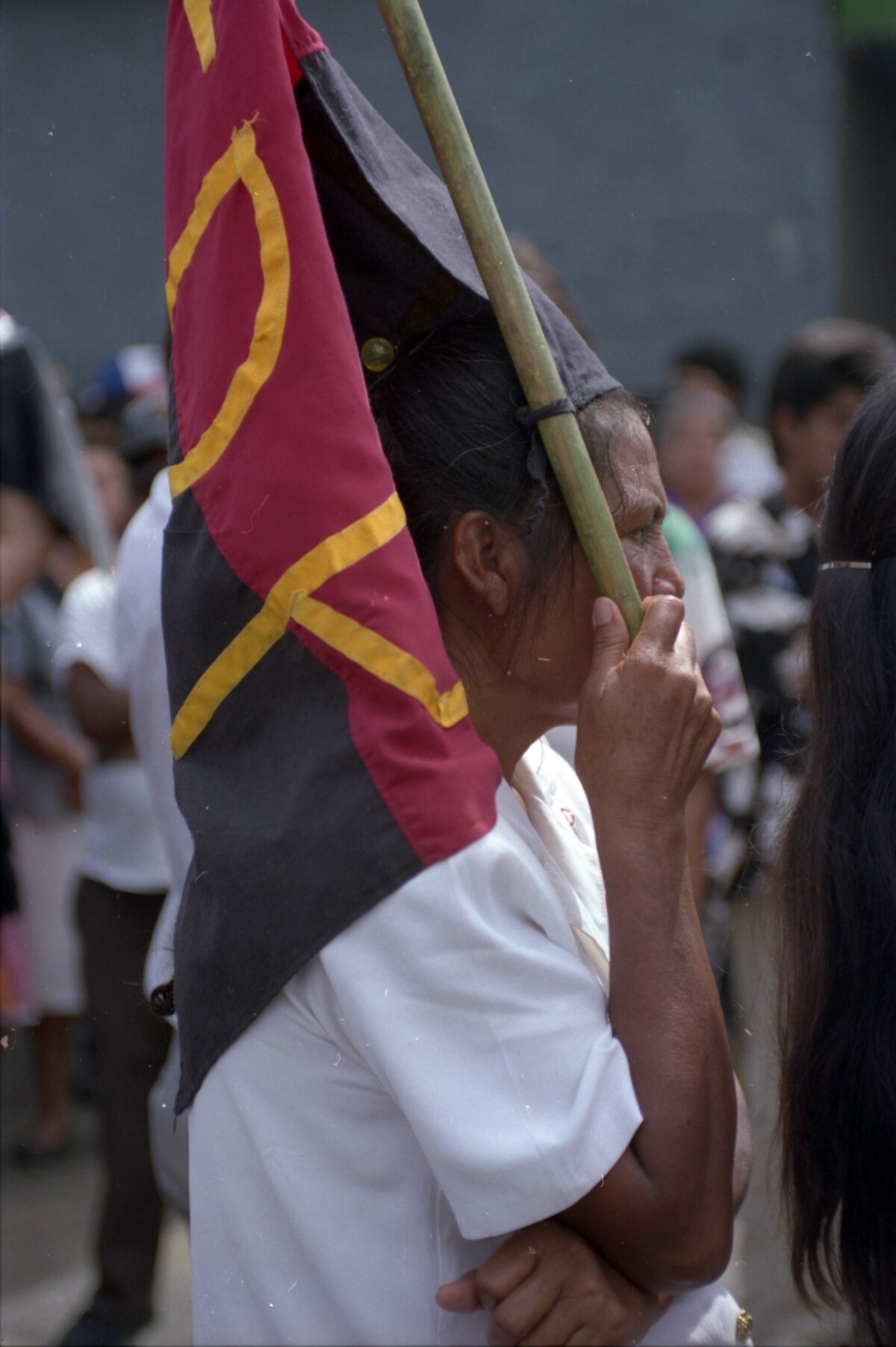
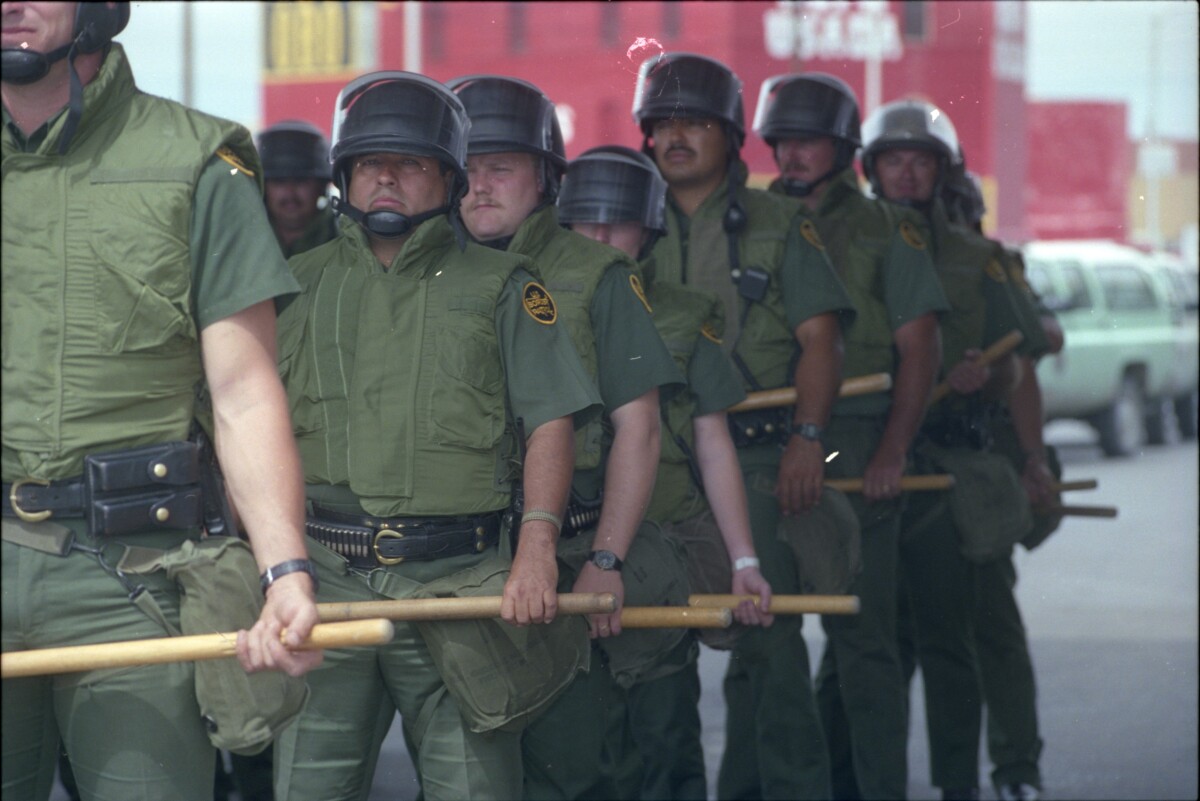
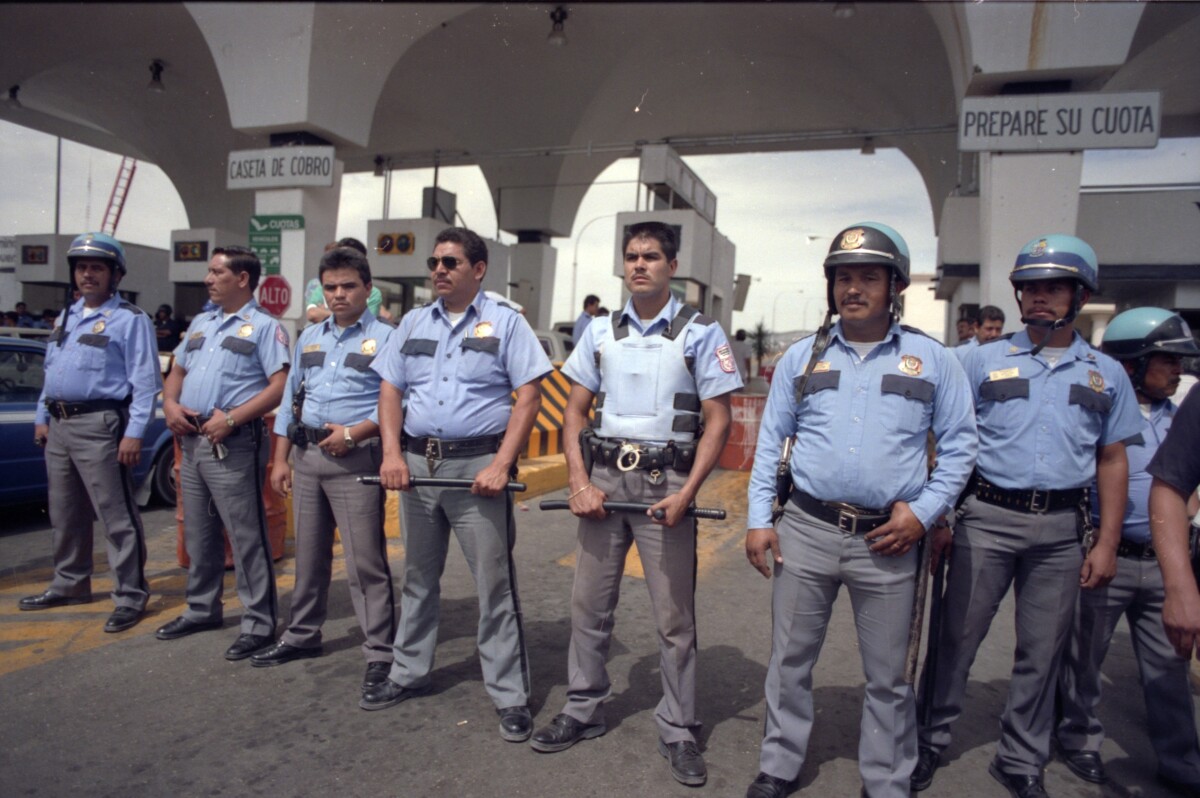
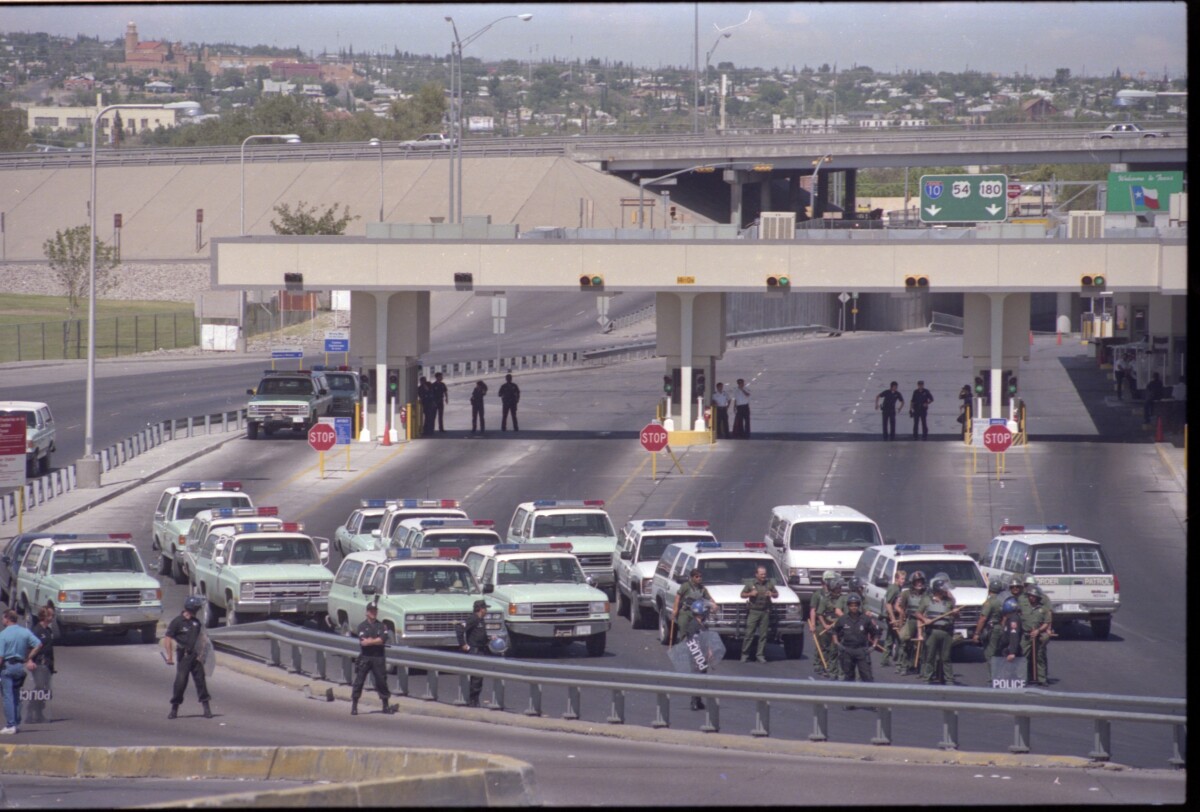
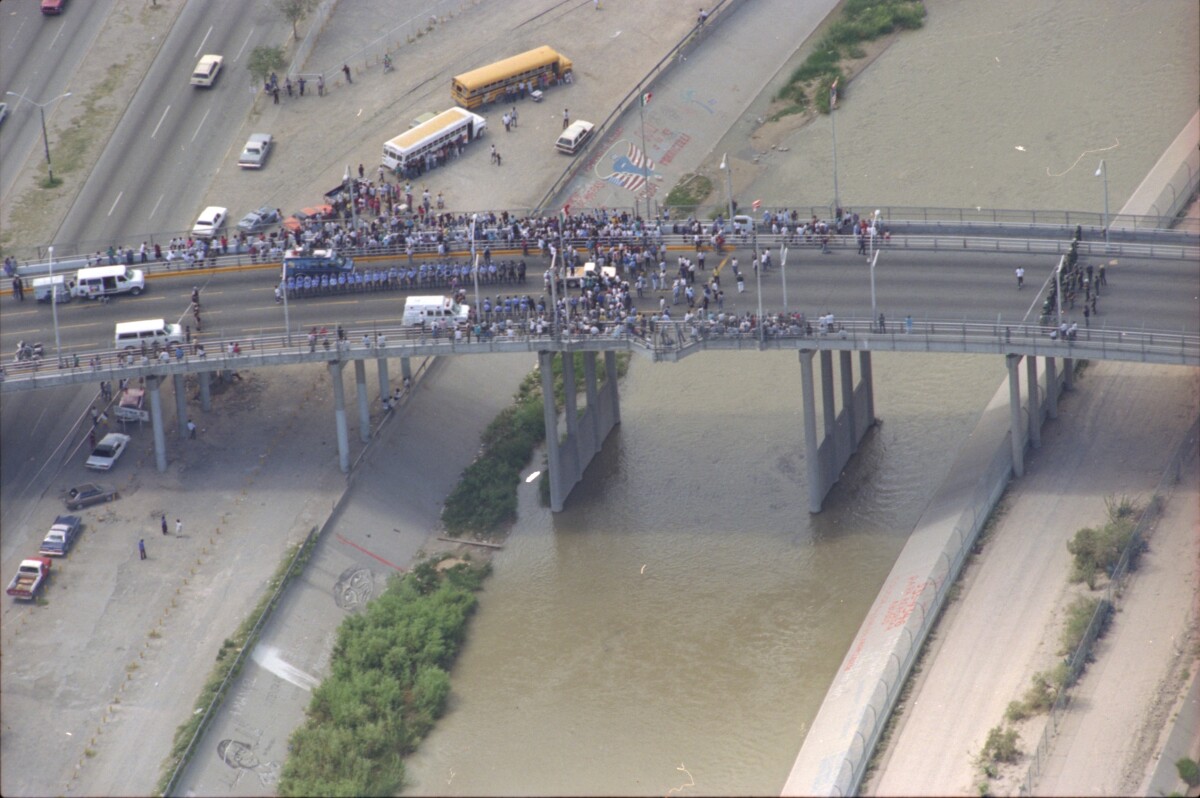
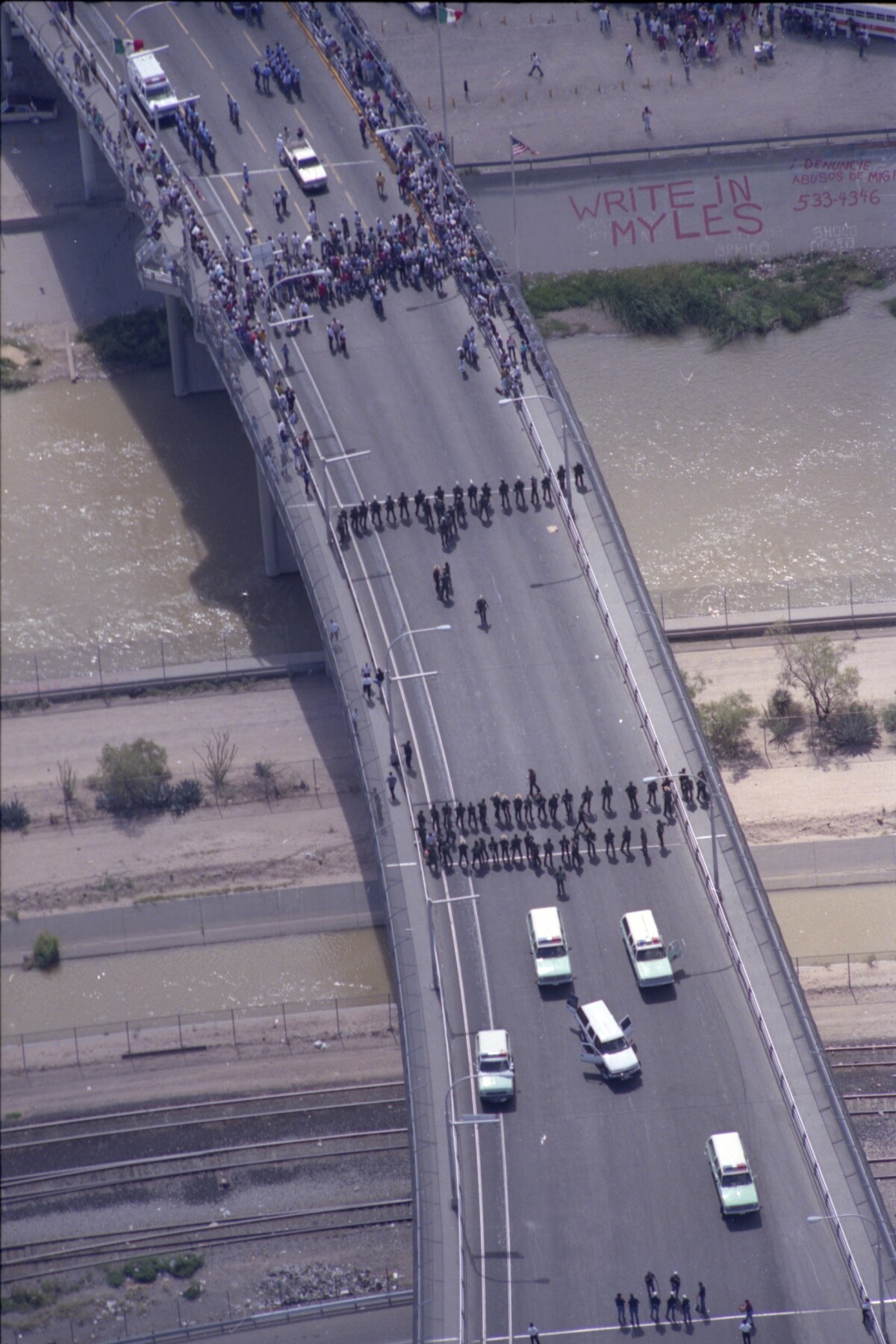

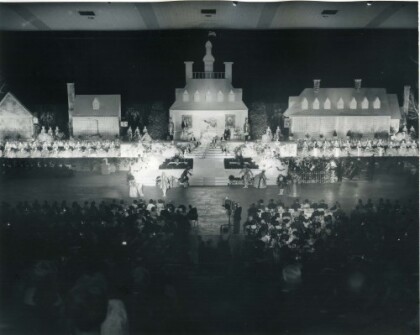

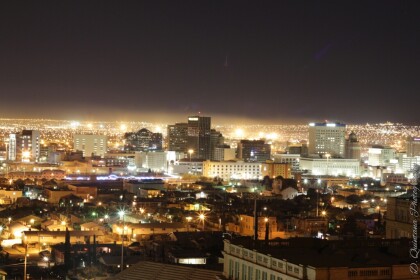

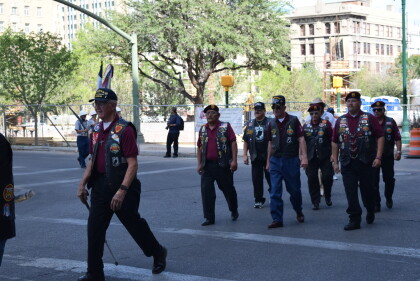
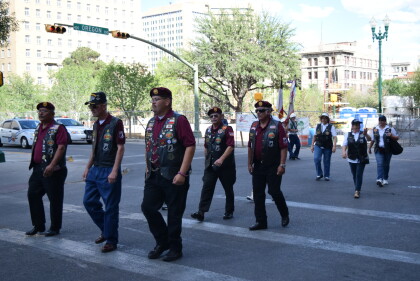
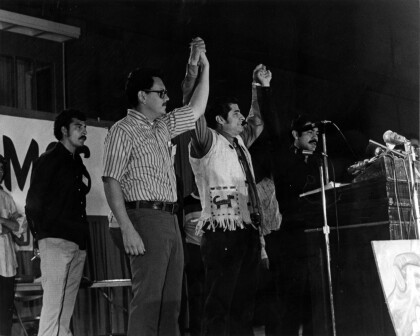
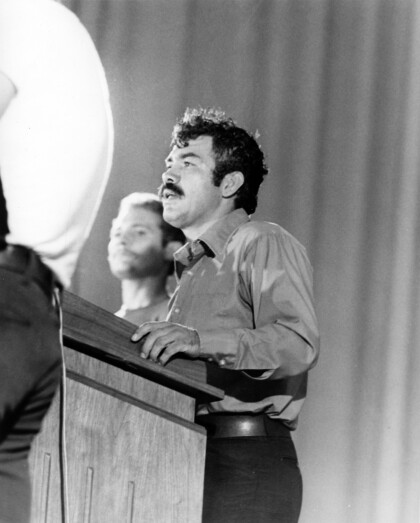
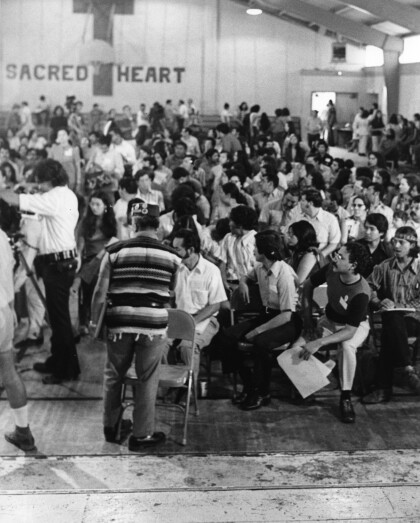
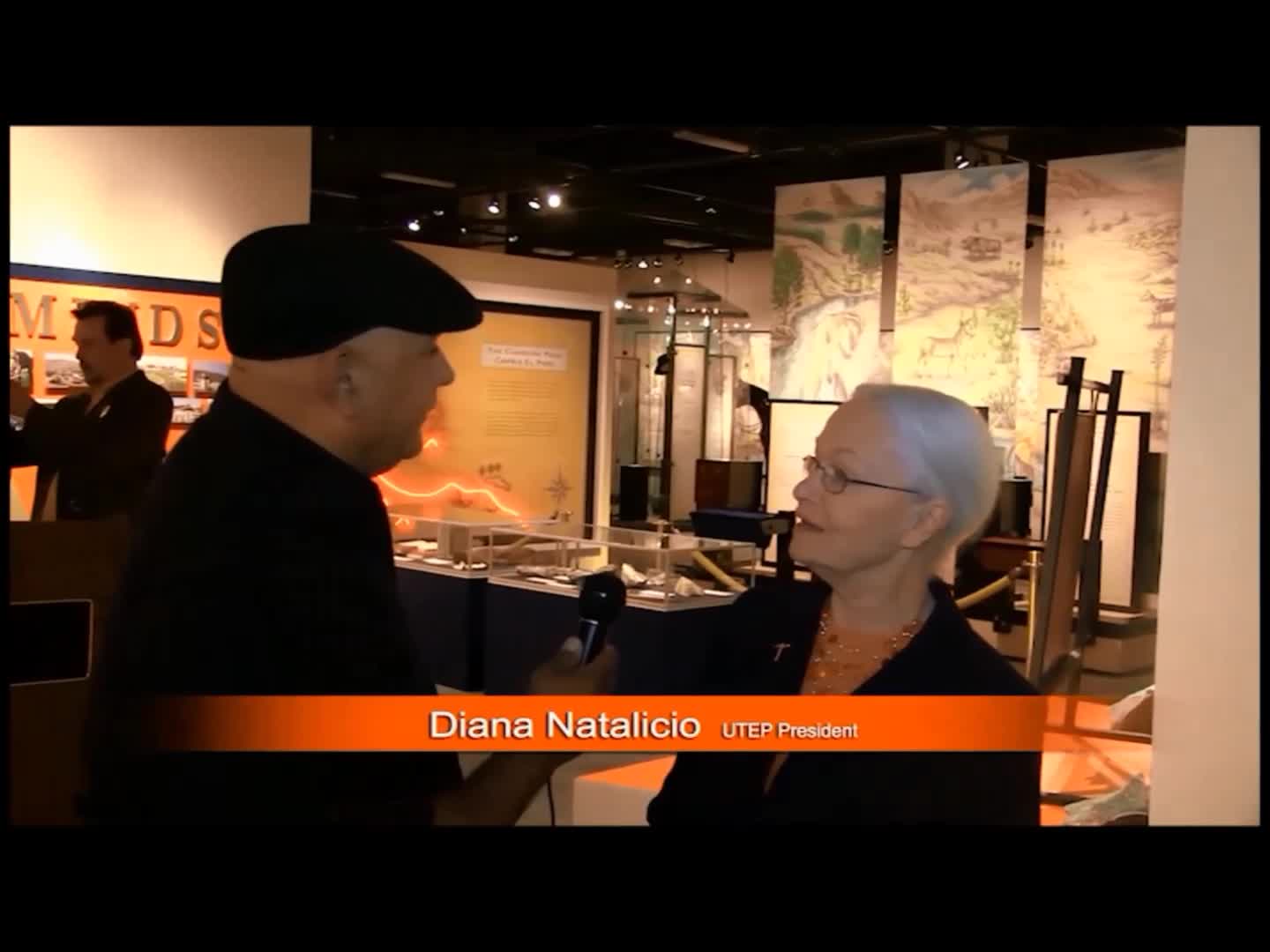
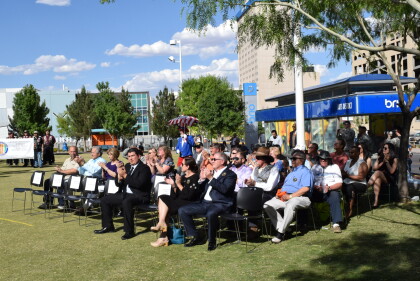


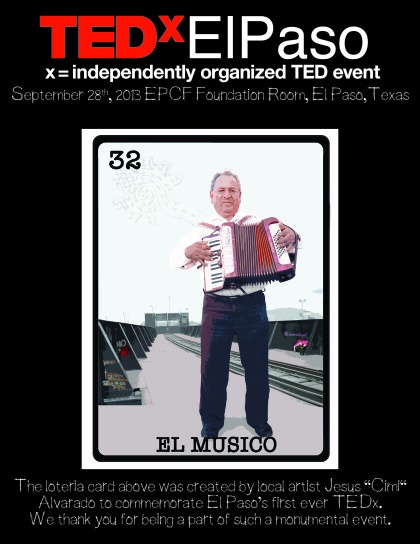
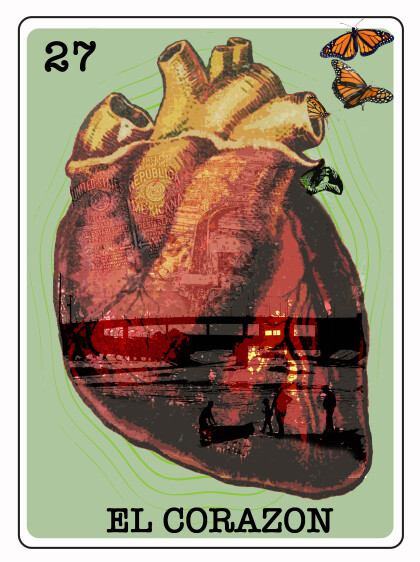

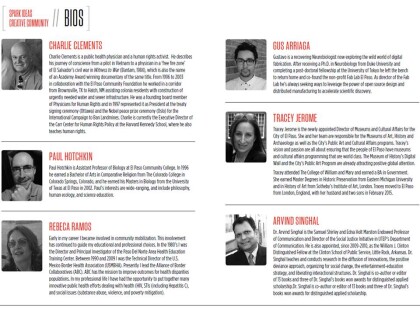
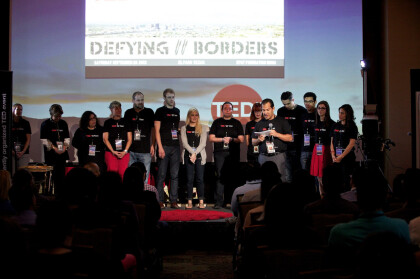

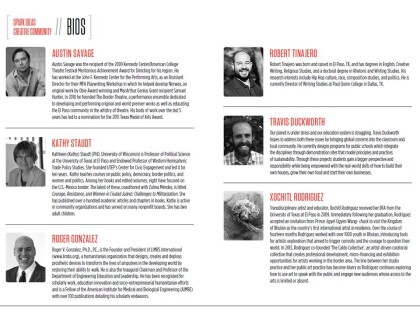

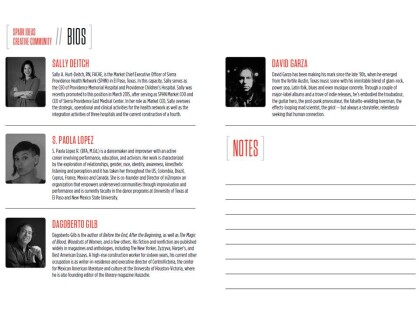
Comentarios
Hacer un comentario